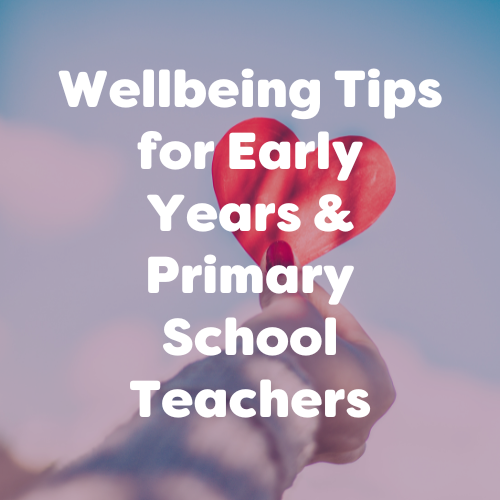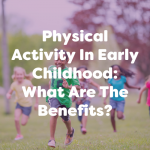“It is the supreme art of the teacher to awaken joy in creative expression and knowledge”
–Albert Einstein
Mental health and wellbeing has become even more of a key focus recently due to everything going on in the world. So now more than ever it is important to check in with ourselves…
How important is mental health?
Mental health and wellbeing is so important. It not only effects our lives but the lives of others around us. In addition to that, mental health effects how we live our daily lives; how we cope with stress, emotions and most importantly how we feel. Check out our top tips for teachers and early years professionals on how to maintain a health mental health and improve your overall wellbeing.
Wellbeing Tips for Teachers:
Get outside

With the summer months bringing plenty of sunshine, now is the perfect time to get some fresh air and vitamin D. If you’re caring for children why not take the classroom outside or if you’re at home try some outdoor arts and crafts. Check out the EYR arts and crafts blogs, with plenty of ideas and activities for simple yet fun outdoor play and crafts.
Have lunch with a colleague
Stopping for a break to de stress and connect with other people can have such a positive effect on your mental health and well being. Not only this but you can also provide emotional support and have the opportunity to share positive experiences with others.

Exercise
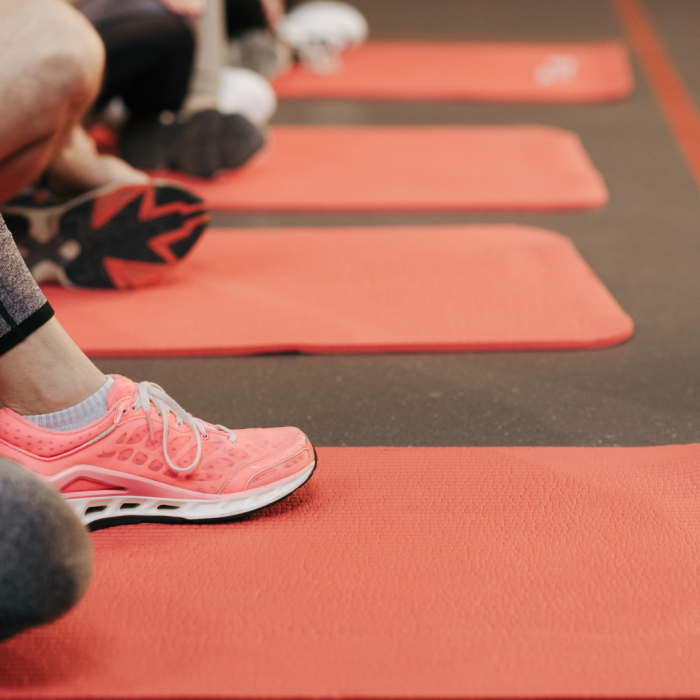
While this may seem obvious, the importance of exercise for mental health is often underrated. Going for a run or even a short walk before or after work can help to boost our self esteem and confidence. Again, if you have children in your care and cannot make time for some alone time get the children involved. Take a look at the outdoor activities on our EYR blogs for inspiration.
Learn!
After a long days work this might seem too exhausting but learning something new can have such a positive effect on your mental health and well being. This does not have to be something too crazy like learning a language (although that would be fun) rather something more simple such as baking a new cake, doing some DIY or even painting. Learning new skills can once again, boost self esteem and confidence but also help to give one a sense of purpose.
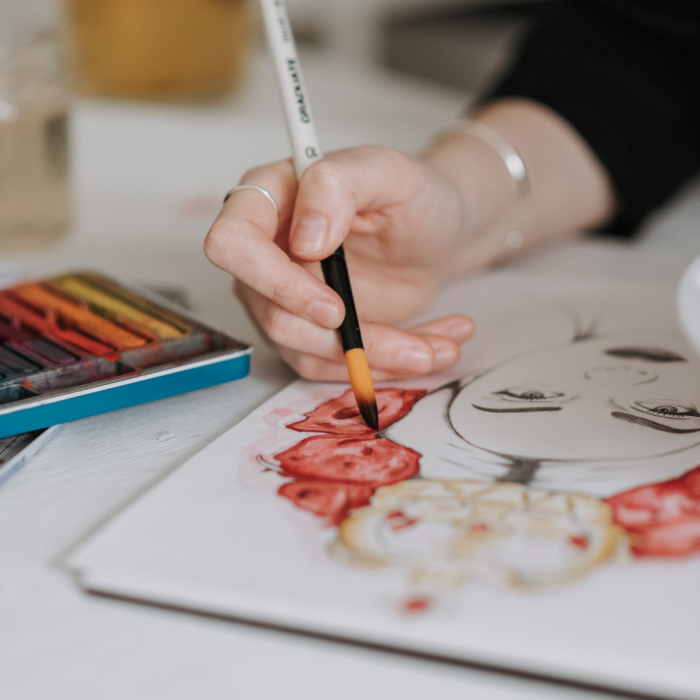
Mindfulness
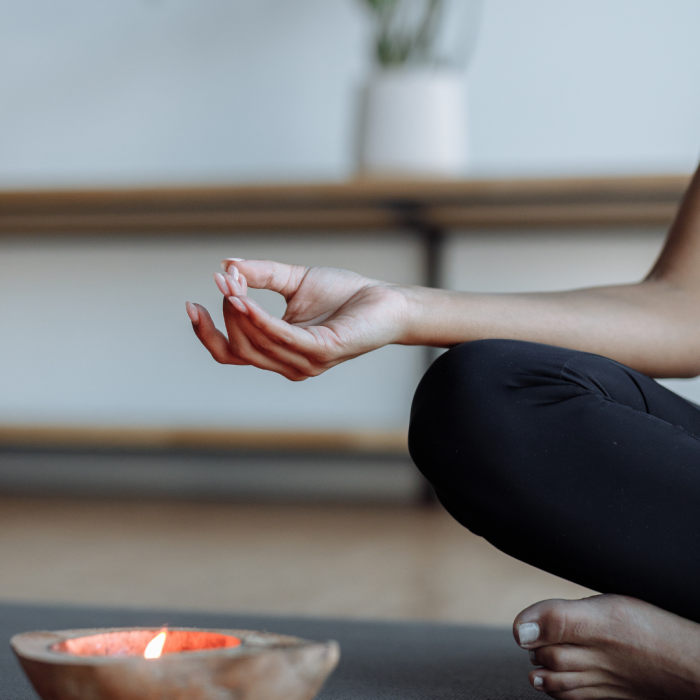
Whilst this may not be for everyone, don’t knock it till you try it. Mindfulness can be as simple as sitting silently and just giving your undivided attention to the noises and sounds of your body, allowing the mind to wander off to a peaceful zone. Mindfulness can help to positively change your mindset and how you feel about yourself, making life more enjoyable.
Seek help
If you feel overwhelmed or stressed it is okay to seek help, this could be confiding in a close friend, family member or even a colleague. Sharing how we feel can help to lighten the weight on our shoulders and connect with others. You never know who might be feeling the same emotions as you.

Rest Rest Rest!

Possibly one of the most important parts of obtaining a healthy wellbeing is to rest. It is so important that after a long day of teaching and caring for children that you have a good nights sleep. Not only does sleep help us to recover from physical exhaustion but it also helps us to mentally recharge. Helping us to feel refreshed and energised the next day. One way to maximise your children’s sleep is by adding nursery sleep mats to your learning setting!
Be kind to yourself
During this strange time of uncertainty, it is important that we are more forgiving and kinder to ourselves. It is only natural that in situations of stress we tend to think the worst of ourselves. In order to remain positive and be kinder to ourselves it can be helpful to read aloud some positive affirmations and remember that this uncertainty is only a chapter, not a book.

For more advice:
Mind:

